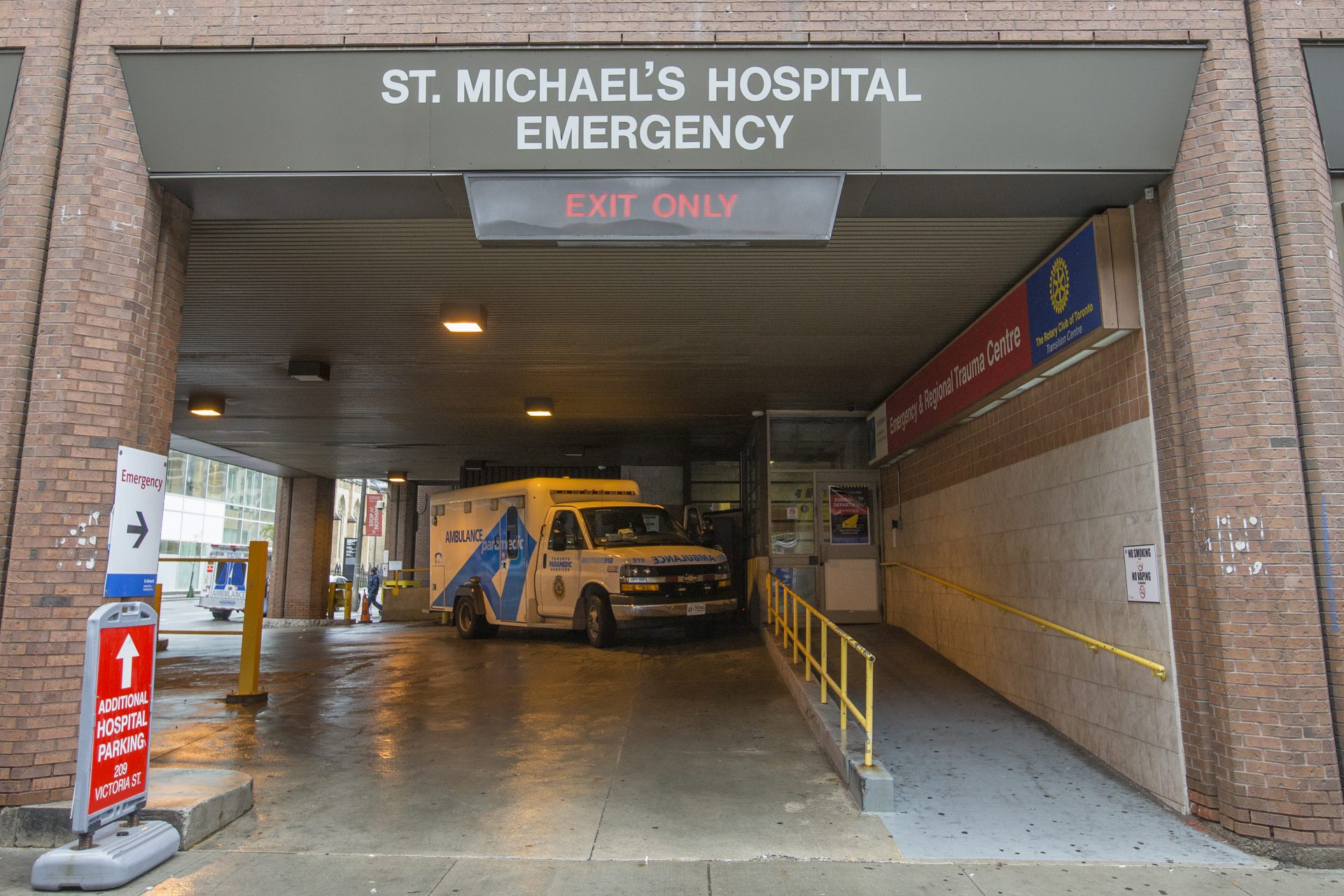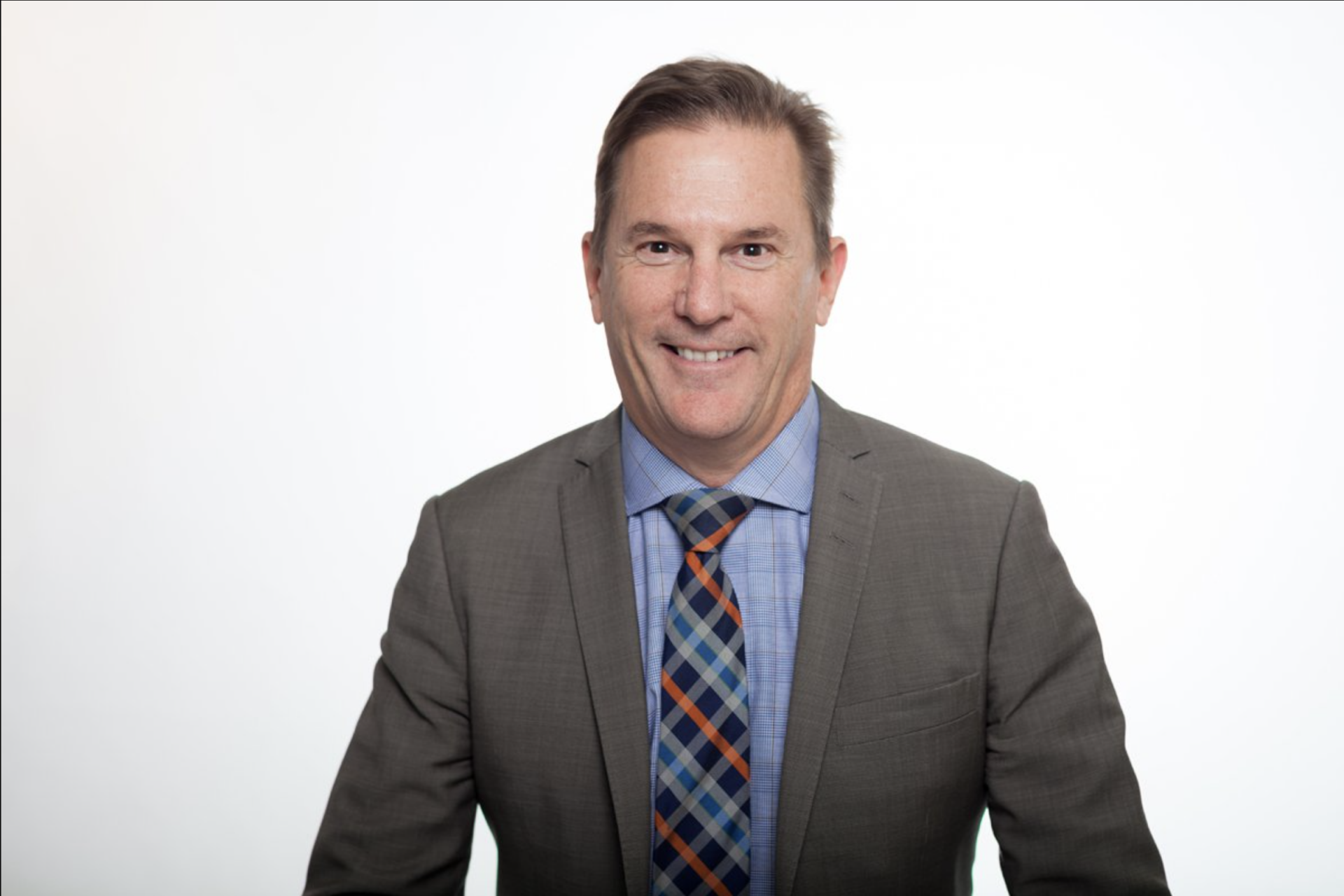Canadian hospitals are turning to AI amid healthcare crisis
Canada is often thought of as a country with one of the best universal healthcare programs in the world. However, Canadian healthcare is going through a major staffing crisis and doctors are turning to artificial intelligence to help bridge the gap.
According to the Globe and Mail, several new machine-learning programs have been implemented in hospitals across the country to ease the burden those in the healthcare industry are facing, including one program known as CHARTwatch.
For example, CATCHwatch was implemented by Torotno's St. Michael's Hospital in 2020, and since that time, the program helped the hospital's internal medicine unit reduce the relative risk of death among non-palliative patients by 26% over the same period in the previous 4 years.
“I am absolutely convinced that advanced data analytics and artificial intelligence is going to transform health care as we know it,” explained Tim Rutledge, President and Chief Executive Officer of Unity Health, a health network that includes St. Michael's Hospital.
“If we can automate tasks that are now laborious, it allows our clinicians to spend more quality time interacting with patients," Rutledge continued. But why has such technology become important for hospitals to adopt in today's Canada? The answer may be found in the country's ongoing crisis.
In June 2023, the Canadian Medical Association urged provincial and federal governments to work on reforming the country's struggling healthcare system as millions of people went without primary doctors, emergency rooms suffered shortages, and diagnostic testing times reached unsustainable levels.
"As Canadians continue to struggle to access health care in a timely fashion, organizations representing physicians, nurses, and hospitals across the country are calling on all premiers to ensure health system reform is on the agenda at their meetings next month in Winnipeg," the association wrote in an open letter to the country's federal and provincial leaders.
Healthcare in Canada has been getting progressively worse since the end of the pandemic and the system is facing enormous hurdles after years of grappling with the fallout of Covid-19.
The Canadian Medical Association estimated at the time that between 4.7 and 6 million people didn't have a primary care provider in the country and also noted that "emergency departments across Canada continue to struggle due to overwhelming demand and a shortage of health care professionals."
Wait times for diagnostic testing also become too long according to the medical association and they asked federal government leaders and provincial premiers to stabilize the system during their scheduled July 2023 meeting before things got worse.
At the end of January 2023, Leger and the Association for Canadian Studies found that 86% of people surveyed across the country were worried about the state of healthcare in Canada.
Laura Osman from the Canadian press dug deep into the survey data at the time and discovered that it was Atlantic Canadians who were most worried about their healthcare systems.
“About 86 percent of people surveyed across the country said they are worried about the state of health care, compared to 94 percent of those surveyed in Atlantic Canada,” according to Osman.
People in Eastern Canada also worried about the quality of care they’d get if they need to go to an emergency room, Osman added.
“81 percent say they’re concerned,” The Canadian Press journalist wrote, “compared to 67 percent of Canadians overall.”
While all of Canada had been suffering from a major shortage of doctors and nurses needed to staff its local hospitals, the Atlantic provinces were dealing with far more disruptive workforce problems last year.
"In New Brunswick, healthcare workers are leaving the province because of poor working conditions, non-competitive salaries, and unreasonable workloads," wrote Kevin Bissett, citing statements from Liberal health critic Claude D’Amours.
In Nova Scotia, a severe nursing shortage led to long waits in the community’s emergency department, which left one woman dead in 2023.
"We need change, the system is obviously broken,” said Gunter Holthoff, whose wife Allison died after a six-hour wait at Cumberland Regional Health Care Centre.
Photo by Facebook @LakeCumberlandHospital
“The labour shortage in that part of the country has repeatedly caused temporary emergency room closures,” wrote Laura Osman in her reporting, “forcing patients to travel farther for the care they urgently need.”
It isn’t just the Atlantic provinces that have suffered from long wait times, though. Throughout most of Canada, rural populations are not being properly served by their healthcare systems.
In the survey conducted by Leger and the Association of Canadian Studies at the beginning of 2023, it was found that 90% of rural respondents were worried about their healthcare.
The survey also found that only 54% of respondents viewed their healthcare as good or very good compared to 44% who viewed their healthcare as poor or very poor.
A solution to the problem may be partial privatization, an answer that 31% of Canadians supported according to Leger’s survey.
In Ontario, Premier Doug Ford had already begun a bold plan to help alleviate the backlog of routine surgeries and medical tests through more privatization, though it has proven to be very unpopular politically.
The Leger and Association of Canadian Studies survey was conducted from January 20th to the 22nd and polled 1,554 Canadians from across the country. However, things haven't gotten better since last year that survey revealed some of Canada's problems.
In December 2023, the Canadian Medical Association published new research comparing Canadian healthcare to that of nine other members of the Organisation for Economic Cooperation and Development and found that funding cuts, fewer generalists, and inefficient organisation were the country's biggest issues.
The Guardian spoke with Toronto family physician and study co-author Dr. Tara Kiran who explained: “In Canada, what we have is a haves-and-have-nots situation... [There are] people who do have access to a family doctor and sometimes even a health team, and then those who have nothing.”
Photo Credit: LinkedIn @tara-kiran
The study revealed that nearly 20% of the Canadian population didn't have a family physician while an even larger number lacked regular access to a health clinic. The researchers called for Canada to shift its model of healthcare but whether or not those calls will be heeded has yet to be seen.
More for you
Top Stories










































